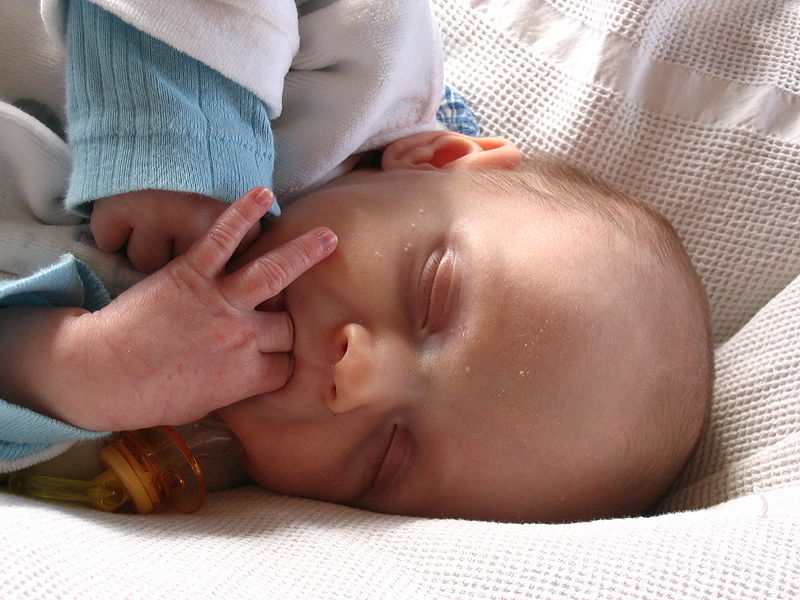The importance of sleep to the mind

Sleeping is one of those necessities of life that you just can’t get around. Love it or hate it, the body needs its sleep and no part of it relies on good rest as much as the brain. It may seem like time lost, but without it you will actually end up losing more time than you think. Personally, I love to sleep as much as I can, but those pesky waking hours always seem to get in the way. To make this whole sleeping thing even more complicated, sleeping too much can be almost as bad for you as not sleeping enough. So where does one draw the line? And what are the consequences of having a tired or too-rested brain?
I thought I’d look at a few studies and figure out exactly what I was missing out on when I skipped a few hours or decided that hitting the snooze button fourteen times was a good idea. Here are some things that I discovered and, hopefully, a few reasons for those reading this to take their approach to sleeping a bit more seriously.
According to one study on sleep deprivation, the language center of the brain takes the largest hit. The brain is capable of making some adjustments and shuffling tasks around to use other resources, but the whole system is going to be moving at a slower rate when it’s worn out. Essentially, you can do anything you’d normally want to do, but you’re going to do it slower and take more energy getting it done.
The same study brought up another interesting point - that a majority of the “brain-rest” part of sleeping occurs right at the beginning of the sleep cycle. So you can get a minimal amount of sleep and be able to function, if not up to par. It also means that naps are even cooler, so we all now have yet another excuse to indulge in some quick couch time. I’m totally OK with that.
On the flip-side, those of us that feel the need to sleep twelve hours at a time (or at least when we get the chance to) may think that we’re saving up extra sleep time, but it’s not happening that way. Another study from the same site shows that excessive sleep has a circular relationship with depression.
Those who are depressed will tend to sleep more and those that sleep too much will begin to exhibit signs of depression. The one thing you want to do most when you’re feeling out of sorts just happens to be one of the worst things you can do. Go figure.
Oversleeping is also linked to increased incidence of headaches, which does nothing to help with clear thought. Further, there are several physical conditions linked to oversleeping, including serious stuff like heart disease and diabetes. Best to avoid the snooze button if you want to stay healthy.
Another study offers a little bit of advice on how to get the most effective sleep, so that those hours wasted under the sheets are maximized. Other than the obvious things, such as don’t drink caffeine or take stimulants before sleeping, they also highlight the importance of making sure to not go to bed either hungry or full, as well as making sure to stick to a regular sleep cycle.
The more I read, the more I realize exactly how poor my sleep must be, at least according to the official medical standards of what’s healthy. As one who uses their brain as a primary work resources, I’ll be making some changes to my habits in the near future. If you require your brain power be 100 percent, I’d suggest you too look into further study and try to make proper sleep a bigger priority in your life.
Photo Courtesy of anthere via Wikicommons

2 comments